On 24 June, the world celebrates the International Day of Women in Diplomacy, honoring the vital contributions of female leaders who have shattered glass ceilings and paved the way for greater gender parity in global affairs.
These figures have not only achieved remarkable individual successes but have also inspired generations of young women to follow in their footsteps, challenging the traditional patriarchal structures that have long dominated the field.
Huda Sha’arawi: Igniting the Flame of Progress
No discussion on Egyptian women in diplomacy can begin without acknowledging the legacy of Huda Sha’arawi. A renowned feminist and social reformer, Sha’arawi played a pivotal role in advocating for women’s rights in Egypt during the early 20th century and founded the Egyptian Feminist Union on 6 March 1923.
Her fearless activism set the stage for future generations of female diplomats to assert their voices and influence on the global stage. Sha’arawi’s groundbreaking work, which focused on education, political participation, and the empowerment of women, laid the foundation for a more inclusive and equitable society, paving the way for women to take on leadership roles in the diplomatic sphere.

Nabila Makram: Championing the Cause of Expatriates
In the present day, Nabila Makram stands as a testament to the growing influence of Egyptian women in diplomacy. As the previous Minister of Immigration and Egyptian Expatriates Affairs, Makram has been a tireless advocate for the rights and welfare of Egyptians living abroad, working to strengthen ties between the diaspora and their homeland.
Makram’s efforts have been particularly crucial in the wake of the COVID-19 pandemic, as she worked to ensure that Egyptians stranded overseas were able to safely return home and receive the support they needed. Her dedication to serving the interests of the Egyptian diaspora has earned her widespread acclaim and recognition, both within Egypt and the international community.
One of her flagship programs was “Etkallem Arabi” (Speak Arabic), which aimed to promote the use of the Arabic language and cultural heritage among second and third-generation Egyptians living overseas.
She has also organized seven editions of the “EgyptCan” conference, providing a platform for Egyptians in the diaspora to engage with their homeland and explore opportunities for investment and collaboration. Additionally, she established the Ministry of Emigration Dialogue Center for Egyptian Students Abroad, fostering connections and facilitating the reintegration of Egyptian students upon their return.
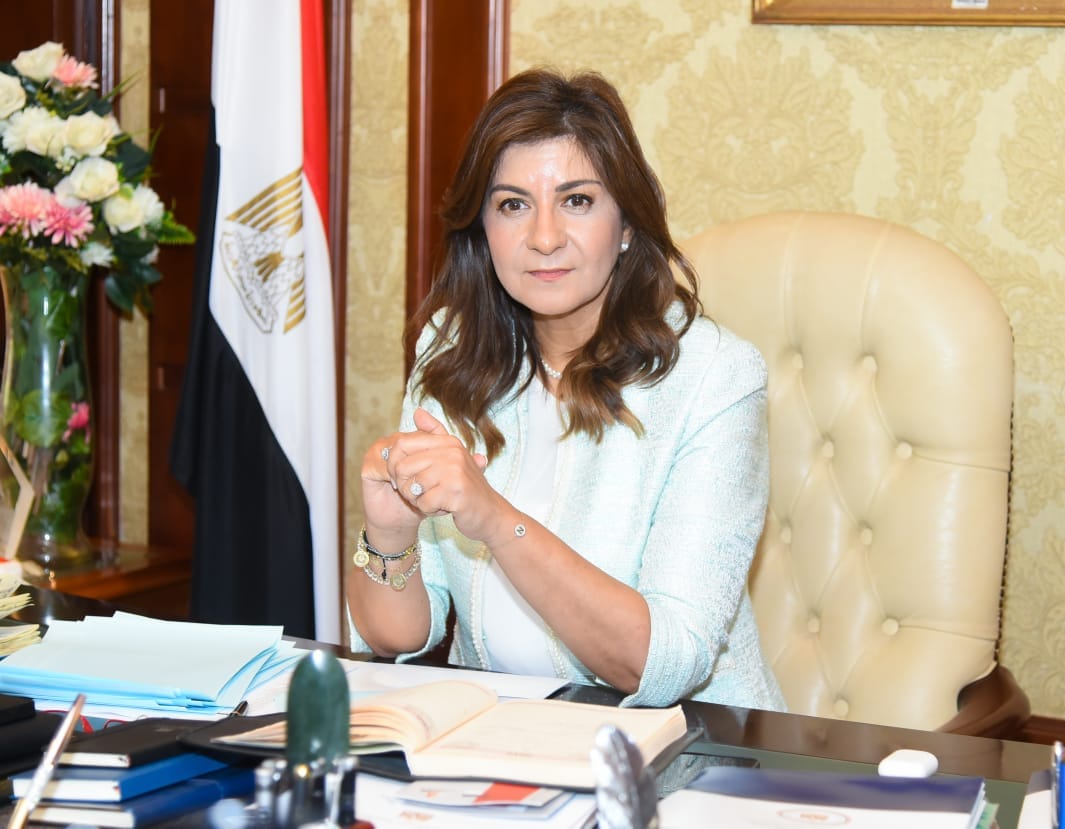
Moushira Khattab: Championing Women’s Rights and Global Diplomacy
Another prominent figure in Egyptian diplomacy is Moushira Khattab, a former Minister of Family and Population who garnered international recognition for her bid to become the Director-General of UNESCO in 2017.
Khattab’s campaign, though ultimately unsuccessful, highlighted the formidable talent and expertise that Egyptian women bring to the diplomatic arena. Throughout her career, Khattab has been a passionate advocate for human rights, women’s empowerment, and global development, serving in numerous high-profile roles both within Egypt and on the international stage.
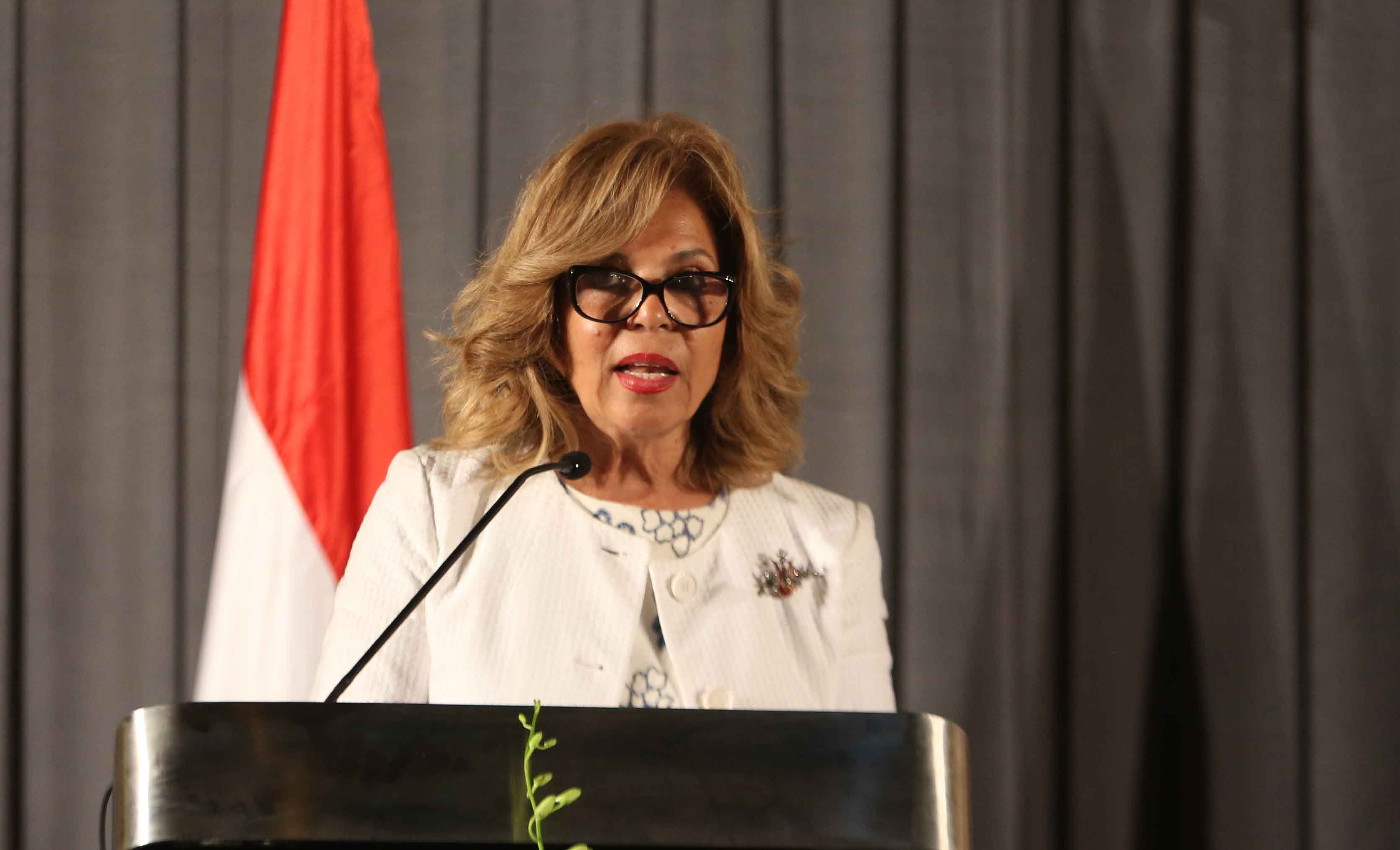
Anissa Hassouna: Champion of Women, Children, and the Environment
A graduate of Political Science and Economics from Cairo University, Anissa Hassouna was appointed in 2016 by Egyptian President Abdel Fattah Al-Sisi to a newly-formed Egyptian Parliament. As a member of Parliament, Hassouna played a significant role in advocating for human rights laws. She raised concerns regarding women’s rights and opportunities, children’s rights, and environmental law.
After her time in Parliament, Hassouna went on to take on other influential roles. She worked as a diplomat for the Egyptian Ministry of Foreign Affairs. Hassouna later joined the Council of Arab Economic Unity and served as the Director General of Egypt’s International Economic Forum.
Hassouna died, after battling cancer, on 13 March at the age of 69.

Rania Al-Mashat: Redefining Egypt’s Economic Diplomacy on the Global Stage
Rania Al-Mashat, the former Minister of Tourism and Antiquities of Egypt and currently the Minister of International Cooperation, has emerged as a force in the field of economic diplomacy. Al-Mashat has championed the integration of sustainable and responsible tourism practices, working tirelessly to position Egypt as a global leader in the industry.
Her efforts have been instrumental in reviving Egypt’s tourism sector and strengthening its international economic partnerships.
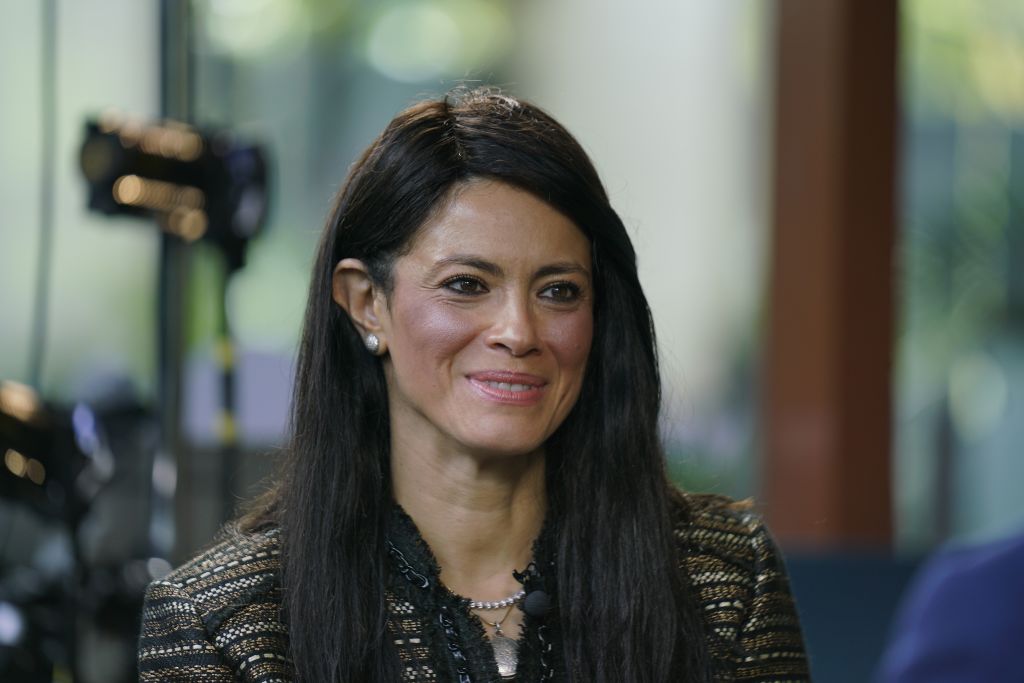
Hala El-Saeed: Driving Sustainable Development
Hala El-Saeed, the former Minister of Planning and Economic Development has been a driving force behind Egypt’s sustainable development agenda. El-Saeed has played a pivotal role in aligning Egypt’s national development plans with the United Nations Sustainable Development Goals, ensuring that economic growth is coupled with social and environmental progress.
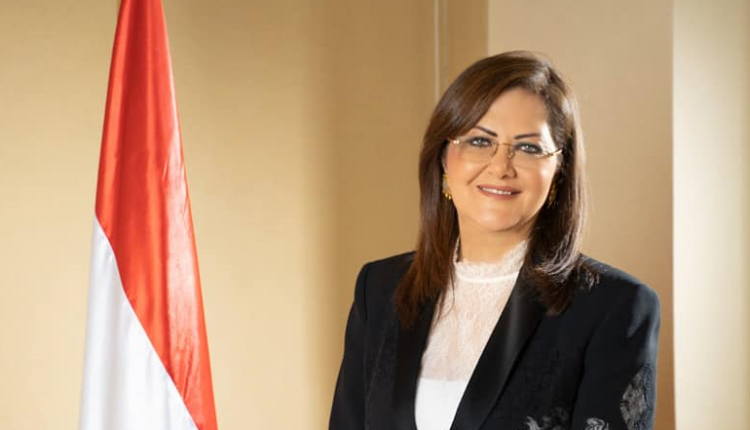
As the world celebrates the International Day of Women in Diplomacy, it is essential to recognize the profound impact that Egyptian women have had on the field. From the pioneering efforts of Huda Sha’arawi to the contemporary achievements of figures like Nabila Makram and Moushira Khattab, these women have not only shattered glass ceilings but have also inspired generations of young generations to pursue their diplomatic aspirations.
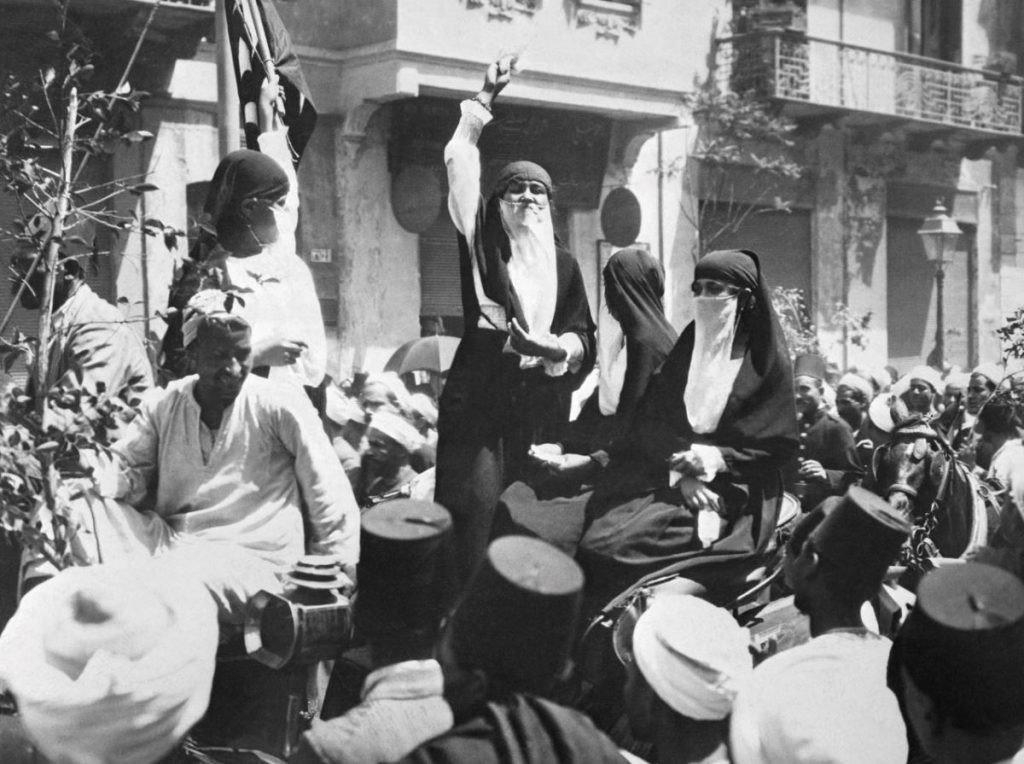




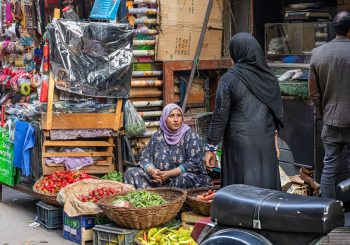

Comment (1)
[…] post Celebrating Egypt’s Pioneering Women Leaders on the International Day of Women in Diplomacy first appeared on Egyptian […]